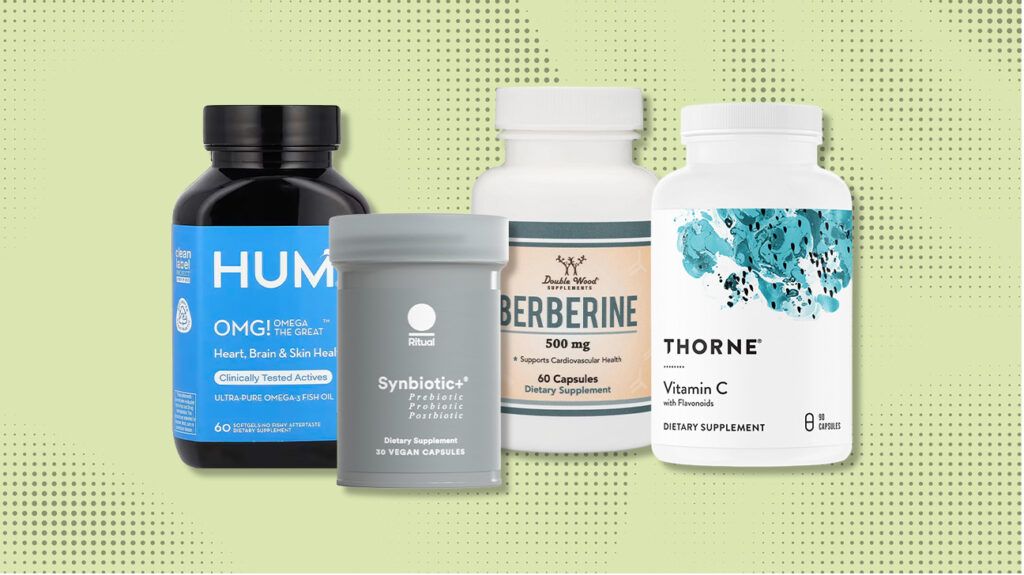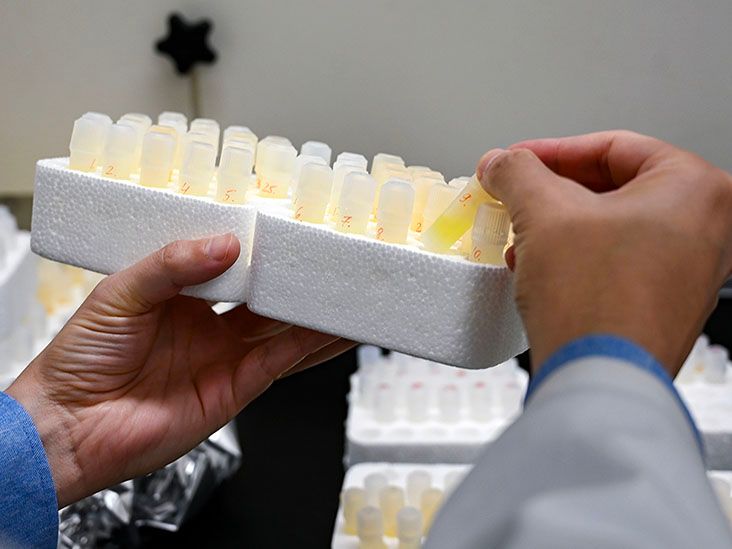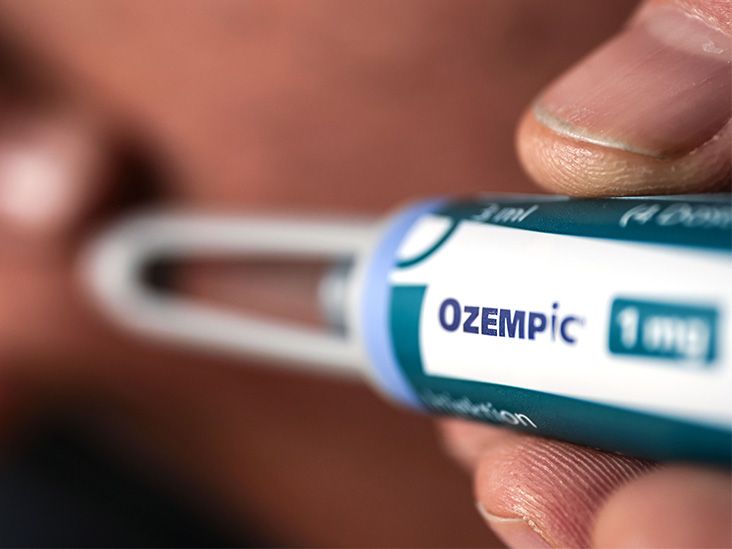Key takeaways
- There are thousands of vitamin brands on the market, making it difficult to choose the best one. But third-party testing and certifications are essential indicators of vitamin brand quality and safety.
- Buyers should prioritize vitamin brands that are transparent about their ingredients and manufacturing processes, including providing Certificates of Analysis (COA) and clear labeling.
- We rateThorne as our best overall vitamin brand. Other brands we rank highly include Ritual and Double Wood Supplements.

Medical News Today editors have tested some of the products in this article. All opinions are their own.
The table below compares the brands in this article on key features. All listed products are third-party tested.
| Price | Form | Certifications | |
|---|---|---|---|
| Thorne Research | $13 to $68 | • capsules • gummies • liquid • powder • softgels | • NSF certfied • TGA certified • NSF Certified for Sport |
| HUM | • NSF certified • TGA certified • NSF Certified for Sport | • capsules • softgels • tablets | • Clean Label Project certified • Non-GMO Project verified |
| Double Wood Supplements | $14.95 to $129.95 | • capsules • gummies • liquid • powder | none |
| Ritual | $25 to $54 | • capsules • gummies • powder | • certified by UL Solutions • Non-GMO Project verified • USDA organic • some products are Informed Sport certified |
| Garden of Life | around $14 to $76 | • capsules • chews • powder • tablets • softgels | • Informed Choice • NSF Certified for Sport • Friend of the Sea certified • Marine Stewardship Council • organic • carbon-neutral • vegan • gluten-free |
| NOW Foods | $3.99 to $199.99 | • capsules • chewables • e-oil • liquids • lozenges • softgels • tablets | • non-GMO • some products USP USP-certified |
We selected these vitamin brands based on criteria we think are good indicators of safety, quality, and transparency.
As a part of our vetting process, we consider:
- the product’s composition, ingredients, and overall quality
- any third-party certifications
- the company’s reputation and business practices
- any lab test results
- marketing claims
Read more about how we vet products and brands.
Dietary supplements, such as vitamins, are subject to limited evaluations from the
This means vitamins may not contain the ingredients or doses that manufacturers claim they do, as contents may vary between batches.
Although the FDA requires vitamin manufacturers to follow CGMP regulations, this standard is not widely enforced.
However, the FDA does take action against adulterated or misbranded dietary supplements.
Reputable vitamin brands use third-party testing
People can determine the quality of a vitamin or dietary supplement by looking for brands with certifications from various third-party organizations.
Manufacturers can volunteer for third-party testing to indicate that their products are reliable and safe.
Products that undergo third-party testing may be evaluated for:
- standardized quality across batches
- correctly stated dosage
- ingredient purity
- the absence of potentially harmful contaminants
- label transparency
Vitamins may have a COA, which declares that a product has undergone testing for safety and quality.
Examples of third-party organizations that assess vitamin and supplement brands include the Banned Substances Control Group, ConsumerLab.com, and NSF International.
Two of the most common certifications for vitamin brands are USP and #1 Pharmacist Recommended.
The best vitamin brand will depend on a person’s needs. Different brands will often have unique selling points, and it is important for people to find one that fits their preferences.
However, whichever brand a person chooses, they need to read the product ingredients carefully and look for diligent testing processes and certifications.
Reputable vitamin companies will have rigorous testing procedures to ensure that their products contain the correct type and amount of nutrients and have no unsafe ingredients.
All the brands in this article have passed Medical News Today’s own rigorous vetting standards.
For nearly two decades, U.S. News & World Report and Pharmacy Times have collaborated on an annual survey that goes out to pharmacists nationwide.
The survey asks pharmacists for their top picks of healthcare-related products, including vitamins and supplements. Successful products will feature a seal.
There are no standardized ingredients in multivitamins, which means each brand may differ. People should choose the multivitamin that best suits their needs.
People should look for multivitamins that carry a USP verification, which confirms that the product contains the ingredients on the label and does not contain harmful ingredients.
People need to stay away from vitamin brands with unclear ingredient labeling. It is always a good idea to research the brand before making a purchase to ensure that the company is reputable.
A wide range of vitamin brands is available in stores or online. Researching various online reviews can help a person determine whether a brand offers good quality products.
Before making a purchase, a person needs to check whether the product has undergone a quality analysis. It may be best to opt for supplements with third-party certifications.
Anyone interested in taking vitamins or other supplements needs to consult a doctor first.







